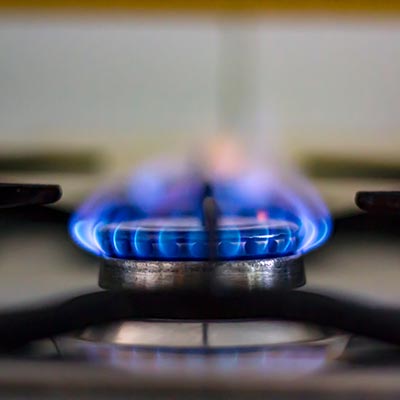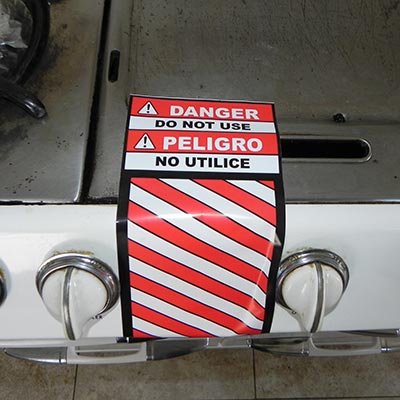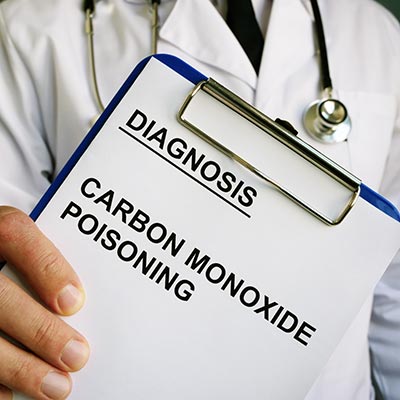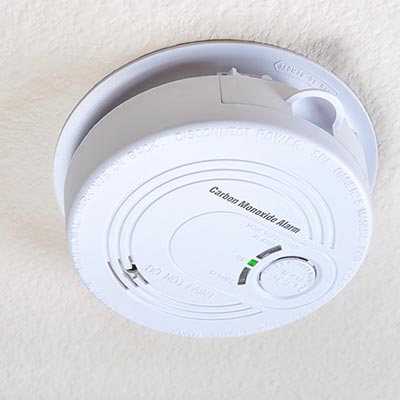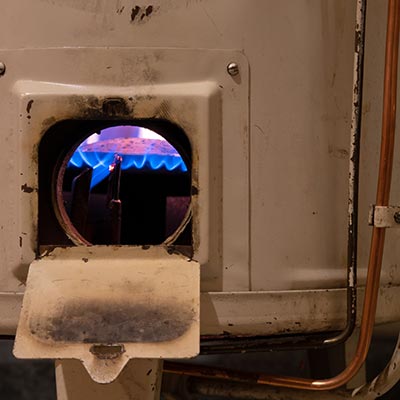Carbon Monoxide Poisoning From Defective Gas Appliances
Carbon monoxide is an odorless, colorless gas produced by all gas appliances. If produced in excessive quantities and not properly vented out of an apartment it can cause significant and permanent injuries, including death. Some people refer to carbon monoxide as the “silent killer” because humans cannot tell when they are around it—making carbon dioxide all the more dangerous and deadly.
Landlords and managers have to regularly inspect gas appliances such as stoves, ovens, furnaces, wall heaters and water heaters. When maintenance on these appliances is neglected a build up of soot, dust and debris can lead to inefficient burning that creates excessive carbon monoxide gas that spills out into the living space.
Let your owner or manager know if your gas appliances appear dusty, dirty or filled with soot. Make sure your gas appliance are serviced at least once per year.
All Homes and Apartments Must Have a Carbon Monoxide Alarm
Carbon monoxide alarms are required in all homes and apartments in California. Like smoke detectors, carbon monoxide alarms protect your family from excessive carbon monoxide. A carbon monoxide alarm will sound when there is excessive carbon monoxide in your home. Carbon monoxide alarms can be battery-operated or hard wired. Some carbon monoxide alarms now come with a 10-year lithium battery.
The California State Fire Marshall requires carbon monoxide alarms be placed just outside of each sleeping area and in the basement. It is also a good idea to install carbon monoxide alarms in each bedroom, sleeping area and near gas appliances.
Make sure that your home has a carbon monoxide alarm and that it is working. Test the carbon monoxide alarm on a regular basis.
Carbon Monoxide Poisoning Can Cause Serious Injury
Carbon monoxide poisoning can cause serious and permanent injuries, including death. Carbon monoxide exposure deprives your organs, especially your heart and brain of oxygen. Initial symptoms of carbon monoxide poisoning include nausea, vomiting, confusion, chest tightness, shortness of breath and headaches.
The health impacts from carbon monoxide poisoning can include:
- Memory loss
- Difficulty Concentrating
- Severe Irritability
- Headaches
- Nerve pain and weakness
- Personality Changes
- Psychosis
- Heart Damage
- Parkingson’s Disease
At high levels of exposure, carbon monoxide poisoning can lead to death. Carbon monoxide is the leading cause of accidental poisoning deaths in the United States. The federal Centers for Disease Control and Prevention estimates that carbon monoxide kills approximately 500 people each year and injures another 20,000 people nationwide.
Seek Immediate Medical Attention for Suspected Carbon Monoxide Exposure
If you suspect that you have been exposed to carbon monoxide, immediately leave your residence, go outside and call 911 or immediately go to the emergency room. Let the doctors know that you suspect carbon monoxide poisoning so that they will evaluate you and draw your blood to test for carbon monoxide exposure. Carbon monoxide leaves your bloodstream within hours after exposure, so it is important to get tested right away to help confirm whether your symptoms are related to carbon monoxide poisoning.
Contact Us
All Practice Areas
- Tenant Rights
- Unsafe and Unhealthy Housing
- Child Lead Poisoning
- Carbon Monoxide Exposure
- Fraudulent and Illegal Evictions
- Dangerous Conditions in Apartment Buildings
- Toxic HVAC Ducts
- Bedbug Infested Housing
Call For A Free Consultation
(323) 648-6602
To receive your free case evaluation, call (323) 648-6602 or complete the form on this page and Philip Shakhnis will respond to you personally within 24 hours.

